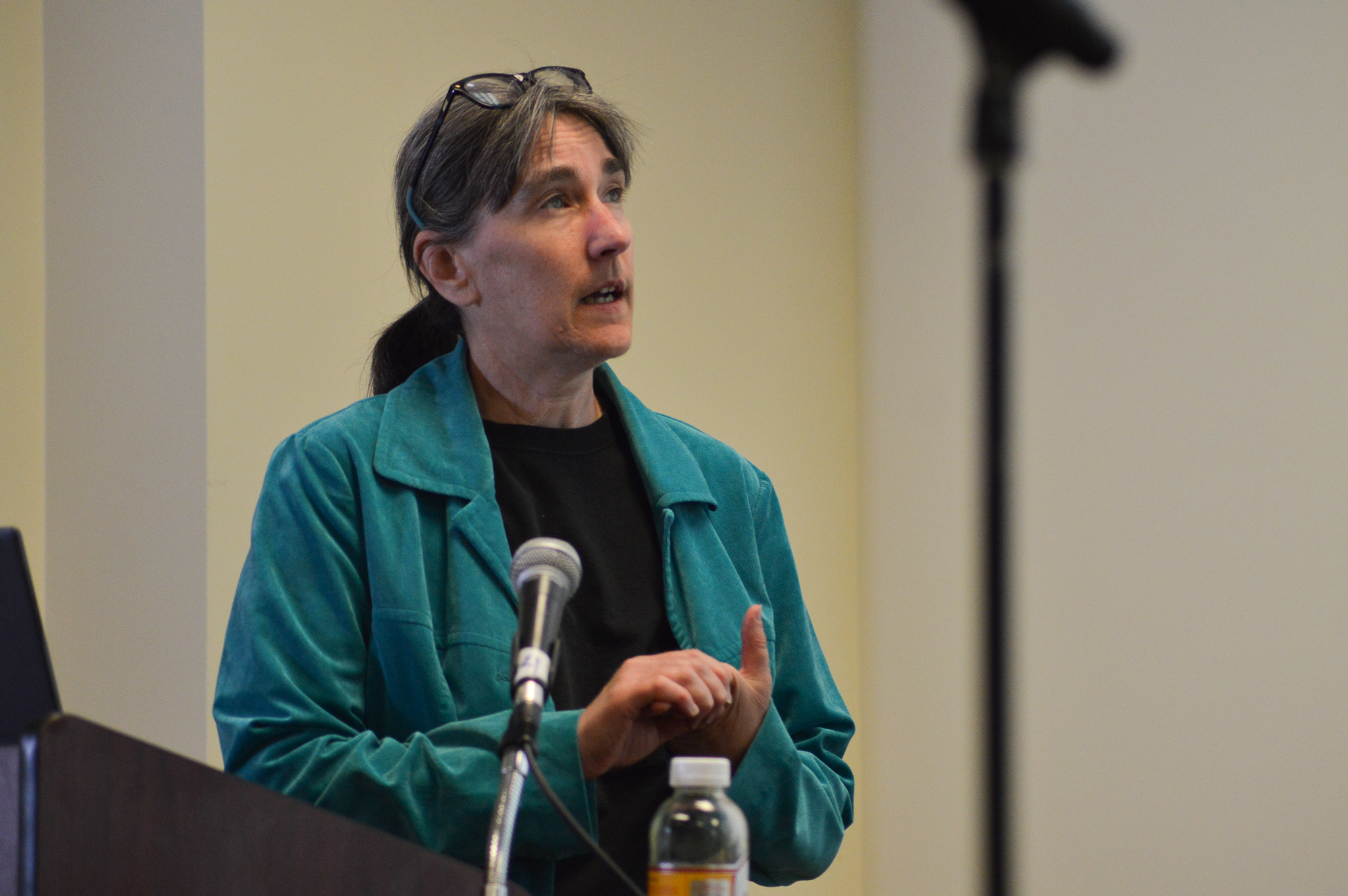The University of Maryland SGA is looking to revitalize its involvement in campus sustainability efforts to promote an eco-friendly campus.
Last spring, after the Student Government Association held rallies advocating for more sustainable energy sources on campus, the university committed to being carbon-neutral by 2025 and fossil-free by 2035.
But since this initiative took place, SGA hasn’t been able to host more rallies and protests, junior environmental science and policy major Alana Ginsburg said. Ginsburg, the SGA’s sustainability director, said the organization has not been as involved in the issue this academic year.
The SGA’s sustainability committee has had conversations with administration, but involvement has been lacking as the university navigates different renewable energy technologies, Ginsburg said.
Carbon neutrality at this university would mean that there are net zero carbon emissions on campus. The status would be achieved through decreasing emissions while increasing renewable energy usage across campus.
While the SGA has not been involved in the fossil fuel discussion this year, Ginsburg said the organization is committed to working with administration and students to promote clean energy initiatives.
She believes the conversation around carbon offsets – a greenhouse gas reduction made to compensate for emissions made elsewhere – and lowering emissions will become more relevant next academic year as the 2025 carbon-neutral campus deadline approaches.
[UMD student repurposes food waste into renewable energy]
“I hope that future semesters of this committee can take into account the environmental justice impacts of the manufacturing and deployment of those technologies, and just make sure that university is held accountable in any way that it can be,” Ginsburg said.
Ginsburg hopes the SGA can monitor the university’s actions in the future to ensure it does not release any harmful toxins that could affect public health and that clean energy benefits are fairly distributed across campus.
Along with promoting a fossil-free campus, the organization has also been pushing for funding for electric buses on campus. Sophomore computer engineering major Eliav Hamburger, the SGA’s engineering representative, has spearheaded the electric buses initiative.
Hamburger said SGA committee members have been meeting with officials to secure funding for the buses. However, SGA has taken a step back as decisions are made about grants and funding.
“We actually just finished up the most important part of our project,” Hamburger said. “Right now, we’re actually pretty much hands off and letting the project go by itself.”
April is nationally recognized as Earth Month, and the SGA has also been promoting events that support and teach students about sustainability, including a sustainability summit and EarthFest.
The sustainability summit was a two-day long event, featuring speakers on subjects such as clean energy and sustainable development. EarthFest, which will take place April 21, is meant to familiarize the general student body with everyday sustainability issues.
[UMD student starts company to help small farmers find funding]
Junior environmental science and policy major Ryan Kim, who worked to plan both of these events, hopes EarthFest can reach students who are not typically involved in campus sustainability conversations.
“I want to target those students and teach them more about different impacts or being more sustainable in their daily lives,” Kim said.
As elections for new SGA members approach, turnover in different committees could force some of the organization’s initiatives to be pushed aside or forgotten. Hamburger is hopeful the organization will be able to pass down initiatives as members graduate, which has been a difficulty in the past.
Ginsburg is hopeful that SGA can continue to work on and promote some of its major initiatives, such as conversations with the organization’s Environmental Justice Council, even after elections.
“I hope that the SGA can play a role in helping students be more efficient with their energy use,” she said.



